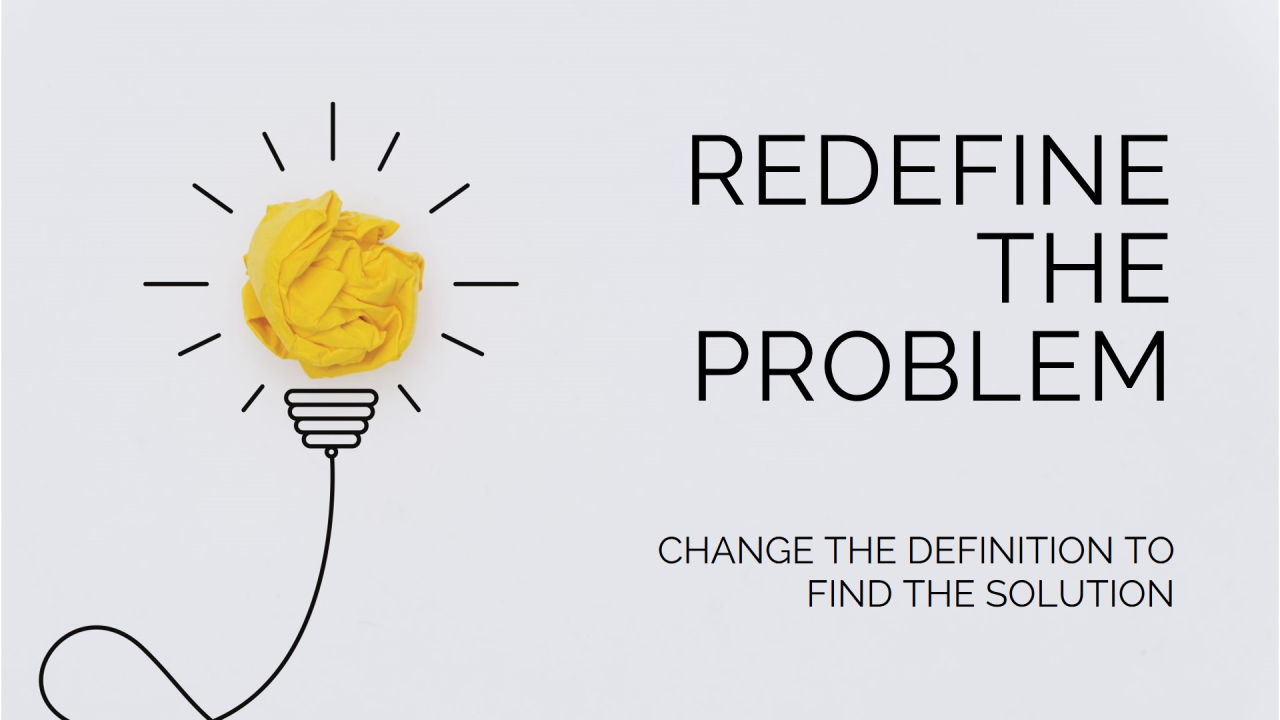Find Success with the Black Real Estate Agent Program
The real estate industry and homeownership is something we can dream about but the Black Real Estate Agent Program can help you make it a reality.
All over the country, COVID-19 has affected all races in terms of job loss, but 54% of black households lost income due to job loss. Due to this, 20% of black homeowners missed or deferred their mortgage payments, whereas only 9% of white homeowners did. A whopping 45% of black renters said they have little to no confidence in having the ability to pay rent. On top of housing and employment disparities, black households were more likely to live in food deserts, and twice as many black households said they didn’t have enough to eat in comparison to their white counterparts.
According to the U.S Census Bureau’s 2019 Annual Business Survey report, 18.3% (roughly one million) businesses were owned by minorities and of that, black Americans that owned a business only accounted for about 124,551 of that million. Even with all of the troubles the COVID pandemic has wrought, people have taken this opportunity to start a business of their own or try a new industry altogether.
New Businesses Created Despite Pandemic
University of Maryland economics, John Haltiwanger said in a November NPR interview, “The third quarter of 2020 is the highest quarter of applications we've ever seen.” This is supported in a Yelp economic review during the pandemic which shows an incredible 487,577 new businesses started since March 2020.
One of the industries that have seen a huge surge of new faces is the real estate industry. The National Association of Realtors reported they saw a 4.8% increase of new members, bringing the total number of members to 1.45 million. Yet, despite that huge number, only 6.26% of those members are black.
How can we change this? How can we grow the number of Black real estate agents in America? Five words: Black Real Estate Agent Program™.
About the Black Real Estate Agent Program™
The Black Real Estate Agent Program™ was created to help the black community to find success in real estate, but also help them to become homeowners as well. This program provides aspiring black real estate agents with the tools to set your real estate career on the right path while eliminating barriers that could prevent success, such as the lack of financial and business support.
In collaboration with HomeLight, the NAREB will provide new black real estate agents with funds to cover the costs of becoming a new agent which includes pre-licensing classes, agent exams, marketing, and technology tools. New agents will also be mentored by an established real estate broker and give them advice throughout their education and training.
Qualifications to Apply for the Black Real Estate Agent Program™
In order to be able to apply for the program, aspiring black real estate agents will need to have the following qualifications:
- Must be between 18 and 35 years old
- Wishes to have a successful career in real estate but isn’t an established agent
- Ability and willingness to work with a NAREB broker for the first year of their career
- Willing and able to spend five to ten house on their education and being mentored
- Must be located in one of the 29 major markets where NAREB is present
For more information, check out the program’s
frequently asked questions page.
Success In Real Estate Is Attainable with Help
Racial inequality is a problem that plagues this country and 2020 has brought that issue to the forefront and forces us to acknowledge it. This past year has proven that there are two different Americas - one for white citizens and another for BIPOC citizens. In many instances, the black community has suffered the most due to the inequalities of this dual Americas. However, programs such as the Black Real Estate Agent Program™, success is right around the corner.
Share This Article!
Disclaimer: Content on this blog is authored by multiple sources. While we do make every attempt to proofread and fact-check, unless authored our staff, the views expressed do not necessarily reflect those of the Institute for Diversity Certification (IDC), Inc.
More Insightful DEIA Blogs











Share On: